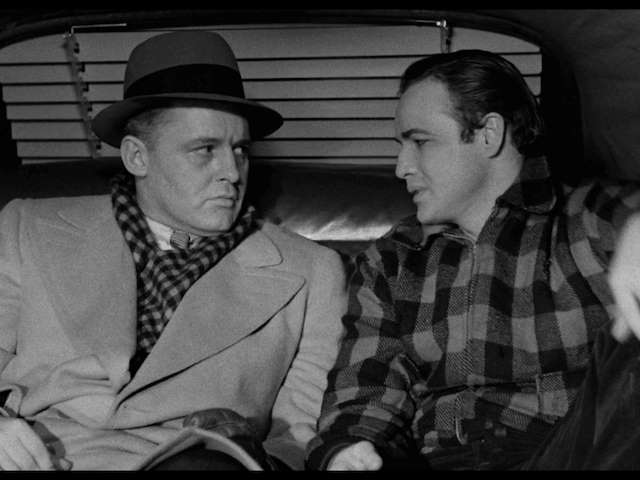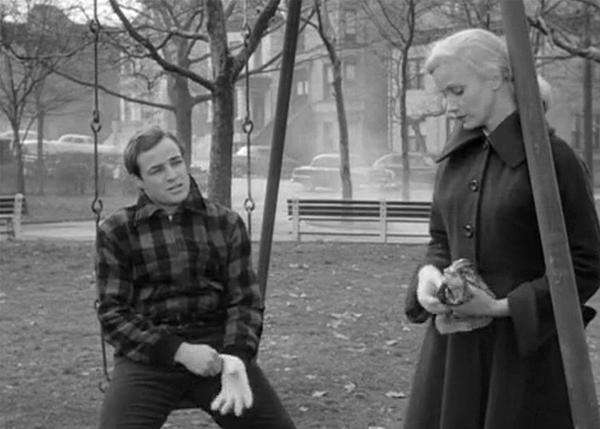On the Waterfront
15It didn’t take long for Marlon Brando to become a household name after only his second film, 1951’s A Streetcar Named Desire. This was swiftly followed up in 1953 with his turn in The Wild One.
His next film was On the Waterfront and his fame had reached such a point, with only his sixth film, that his name preceded that of the film’s title.
This then is a rare opportunity to see this classic on the big screen, celebrating as it does its 70th anniversary.

That's what I'm saying, a contender on Pointless!
Working the docks in New Jersey is hard work, and even harder if you’re not paying your dues to the local mobster Johnny Friendly (Lee J. Cobb).
Someone who has it easier than most is Terry Malloy (Brando); not only is his older brother Charley (Rod Steiger) part of Friendly’s mob, but they were also involved in his time as a boxer, where his career didn’t pan out as he hoped. Now he’s in a cushy job at the dock, without a care in the world.
This changes however when the mob ask him to do them a favour – to get a guy from his building up onto the roof. It’s not that odd a request as they have racing pigeons up there, and they say they just want to talk to him, so he doesn’t feel bad about it. When they find his body thrown off the roof however, Terry has a change of heart, and feels guilty for his part in the man’s demise.
His guilt is only compounded further when he meets the guy’s sister Edie (Eva Marie Saint) and falls for her, even though he knows what happened to her brother. This then puts him under a lot of pressure to do that right thing, because one thing they can’t stand at the docks, and that’s a rat.

So, you're a slide kinda gal huh.
Many consider this to be director Elia Kazan’s reply to the part he played in the notorious House Committee on Un-American Activities in 1952 where he essentially ratted out colleagues, which didn’t go down well with his friend Arthur Miller, who actually wrote a draft of this script.
It must have worked out however as the film was nominated for twelve Oscars, winning an impressive eight on the night, including Best Director for Kazan himself.
Much of the film’s success must go to Brando though, who once again re-enforced the general perception of him to be the greatest acting talent of his generation with a tour de force performance; his Terry Malloy lights up the screen, which Kazan often shows in close-up, as that’s where the pain and anguish of his moral anxieties manifest themselves.
He is not alone however, as there are a number of actors at the top of their game, doing all they can to keep up with Brando, including Cobb, Steiger, Karl Malden and Saint making her screen debut.
The music is also instrumental to how the drama unfolds, supplied as it is by the maestro himself, Leonard Bernstein, as it punctuates the growing tension perfectly.
Seventy years on and it hasn’t lost any of its power, remaining an impressive look at the struggles of the working man, facing mob and union rules, just wanting to put food on the table.
Brando still sizzles and soars as the troubled protagonist, and this is definitely a re-release that deserves to be back on the big screen where it belongs.
